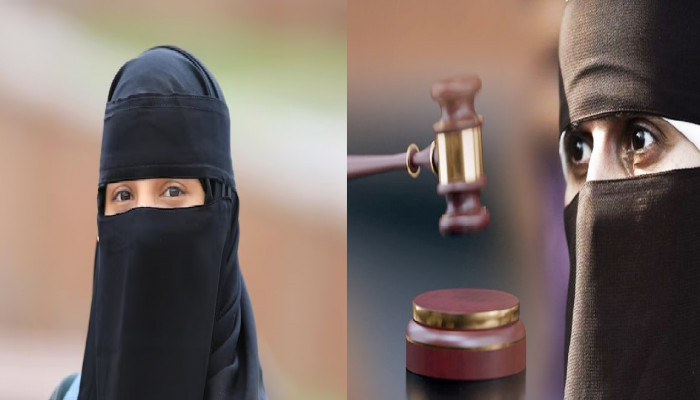Madras High Court upholds compensation for Muslim woman, affirms Shariat committee lacks judicial authority
- In Reports
- 02:38 PM, Oct 30, 2024
- Myind Staff
In a significant ruling, the Madras High Court’s Madurai Bench has upheld a compensation order awarded to a Muslim woman, Vaseela Banu, who filed a complaint of domestic violence against her estranged husband, MA Rafi Ahamed. The court also underscored that the Shariat Committee, as a private entity, does not possess judicial authority to grant divorce or adjudicate legal matters.
The case originated in 2018 when Banu sought relief under the Protection of Women from Domestic Violence Act, 2005, citing repeated instances of abuse by her husband. Initially, the Judicial Magistrate Court had granted her Rs 5 lakh in compensation and an additional Rs 25,000 for the upkeep of their minor child; a decision later reinforced by the Additional District and Sessions Judge in Tirunelveli on December 2, 2022. In response, Rafi Ahamed filed a civil revision petition seeking to overturn the compensation, which ultimately brought the matter before the High Court.
During the hearings, Justice GR Swaminathan observed that Ahamed had attempted to end his marriage to Banu by pronouncing “Talaq” three times between 2017 and 2018. However, without a formal judicial declaration to confirm the dissolution of the marriage, the divorce could not be recognised under law. Although Ahamed presented a divorce certificate from the Shariat Council of Tamil Nadu Towhead Jamath, dated November 29, 2017, the court held that such a certificate lacks legal authority in the eyes of the law.
Justice Swaminathan remarked, “The certificate issued by the Chief Kazi of the Shariat Council does not constitute a legal divorce. Only courts duly constituted by the State can deliver judgments.” Furthermore, the judge noted that Ahamed had remarried on January 28, 2018, following the alleged divorce. However, Banu claimed she had never received any formal notice regarding the third pronouncement of Talaq, which led her to contest the validity of the divorce.
Concluding the case, Justice Swaminathan ruled that the marriage remains legally binding due to the absence of a judicially confirmed dissolution. The High Court’s decision not only reinforces the initial compensation order but also clarifies the limitations of non-judicial religious entities in matters of legal divorce, emphasising that only a state-recognised court has the authority to end a marriage under Indian law.







Comments